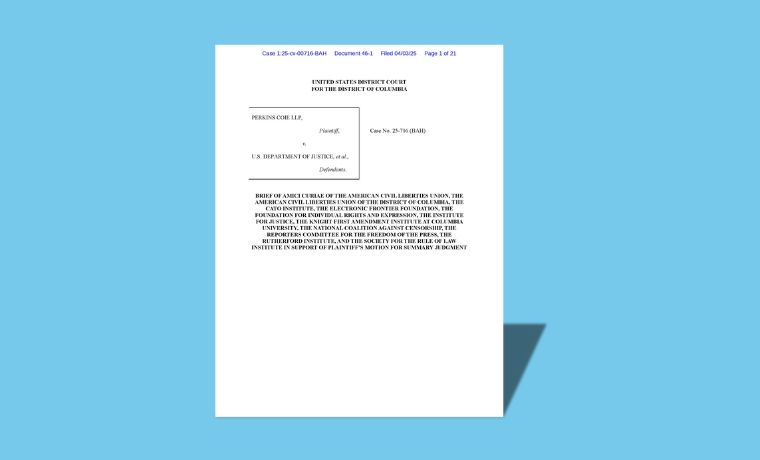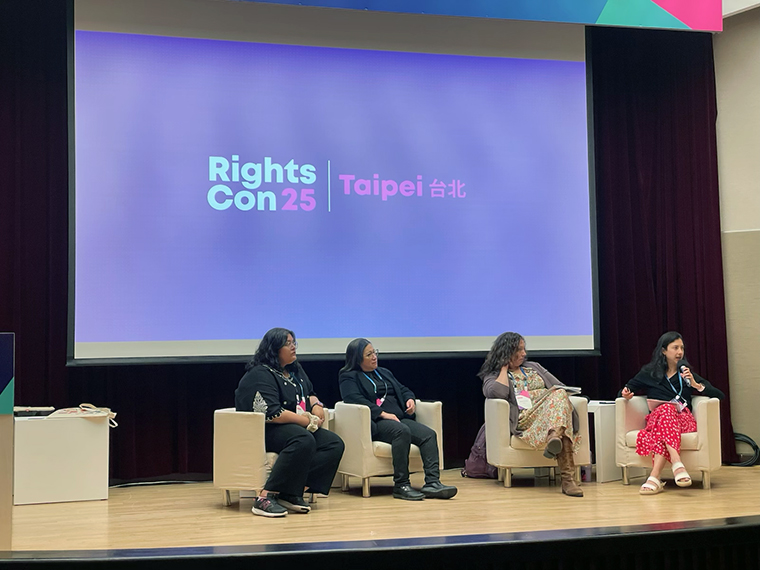NYU Stern Center for Business and Human Rights Comments “UNGP Reporting Framework – Guidance Part II: Assurance of human rights performance and reporting”

October 17, 2016
To the Human Rights Reporting and Assurance Frameworks Initiative team,
We write to offer our comments on your working draft, “UNGP Reporting Framework – Guidance Part II: Assurance of human rights performance and reporting.” We welcome your continued work to develop common standards for public reporting in order to enhance the human rights performance of multinational companies and also share your perspective on the importance of credible external validation of such reporting. However, we are concerned that the current draft does not yet establish sufficiently rigorous standards regarding assurance of the scope of public reporting and also does not provide guidance that will advance meaningful comparison of companies operating in the same sector.
We appreciate the extensive consultations you conducted in preparing the draft and also your transparency regarding the concerns and expectations raised during the process. We agree with a number of the concerns and recommendations that participants voiced, particularly those pertaining to the scope of meaningful assurance, and feel that they are not fully addressed in the current draft.
Companies currently devote significant resources to sustainability and other public reporting. Still, these reports are commonly limited to descriptions of commitments, polices, and stakeholder engagement around human rights issues. Rarely do they provide a description of the outcomes of these commitments and policies, or of the broader human rights impact of their operations. Despite the availability and adoption of standard reporting frameworks, company reports remain highly individualized, with each company free to define and report on the issues they deem “salient” without independent evaluation of these choices.
External assurers can help remedy these shortcomings. However, as drafted, the guidelines repeatedly emphasize that external assurance of company reporting is limited in scope to that which a company has chosen to publicly report. While assessors could interpret this as including examination of the effectiveness of the policies and procedures described in company reporting, it is not clear from the guidelines that they must do so. As we have commented previously, assurance that does not examine impact amounts to reporting on reporting, without significant added benefit to those of us interested in understanding how companies operating in the same sector compare against one another on human rights performance.
The purpose of such assurance is further defined as “to provide confidence that what the company asserts about its respect for human rights in its public reporting is fair and balanced.” While there is discussion of some scenarios in which the scope of an assurance engagement would render findings meaningless, no firm minimums are set forth. It is therefore left entirely to the assurers to determine when they can no longer positively evaluate a report due to its limited scope.
A core part of external assurance should be confirmation that reporting is sufficiently comprehensive, as determined against a clear industry standard, to give a fair and balanced portrayal of a company’s human rights performance. Absent this kind of standards-based approach, external validation runs the risk of affirming reports that do not provide meaningful transparency regarding a company’s operations.
To effectively evaluate comprehensiveness and support greater consistency across reports, assurers will need more concrete guidance regarding “salient” issues. As we have shared in the past, we view the development of substantive standards in specific industries as a critical and practical next step in the evolution of business and human rights. In this context, such standards would help assurers who may be unfamiliar with a given industry or with human rights more generally to quickly identify the key issues that should be included a company’s report.
Industry-specific initiatives such as the Fair Labor Association, the Global Network Initiative, the Voluntary Principles on Security and Human Rights, the Forest Stewardship Council, and the International Code of Conduct Association, already are developing and working to implement substantive standards in their respective industries. External assurance of companies offers an excellent opportunity to build on and strengthen these efforts.
We hope these comments are helpful and are happy to discuss them in greater detail as you work to finalize the guidance.
Sincerely,
Michael Posner Sarah Labowitz
 Business & Human Rights Leadership
Business & Human Rights Leadership


